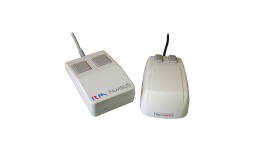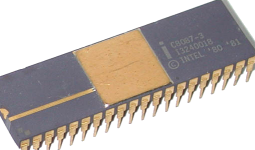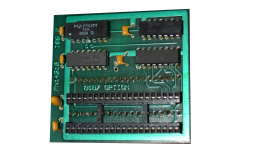 |
W E L C O M E | Version 3.00C |
N I M B U S P A R T S |
||
Mouse - A simple input device which is used to drive a pointer on the screen. Two buttons are provided in order to make selections. The left hand unit based upon the Logitech 82-9F Serial Mouse See the PS/2 Arduino alternative |
||
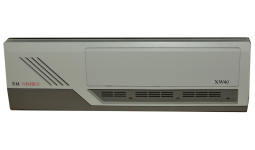 |
XW40 - 40mb Hard Drive - Winchester Available also as XW20 & XW60 Connects to a PC-186 which may require a SASI interface card |
|
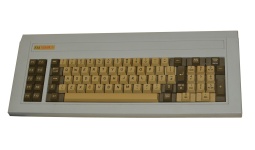 |
RM Nimbus Keyboard The original case RM Nimbus 186 used a non standard keyboard, it was not an XT or an AT, although it used the same connector. Instead it used inverted TTL protocol @ a set 9600 Baud. This means that no other keyboard will work on the early Nimbus 186. The redesigned slimline Nimbus uses the industry standard PS/2 protocol. See the PS/2 Arduino alternative |
|
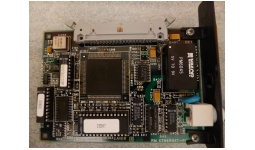 |
RM Nimbus 186 Ethernet card - Used for later non Z-Net links |
|
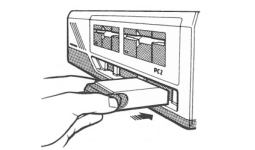 |
ROMPAC Cartridge |
|
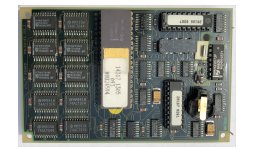 |
IBM Mode Utility Board Provides extra hardware compatibility with the IBM PC, as well as providing sound and a real time clock. |
|
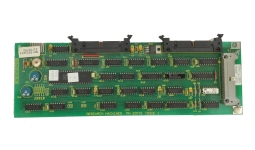 |
RM Nimbus Drive Controller |
|
8087-2 Maths Co-Processor (8Mhz) *Probably needs the same board upgrades required for the IBM Utility Board |
||
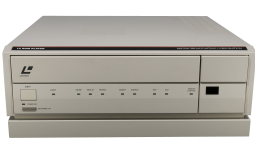 |
Philips Vp415 Laserdisc Domesday Player Used in conjunction with a Nimbus SASI Card that had an external connector. For viewing the BBC Domesday material that was collected around 1984-86 |
|
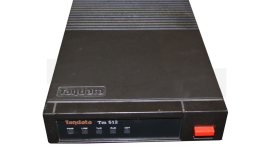 |
Trandata TM500, TM512 & TM722 Modems
|
|
 |
RM Nimbus X-Series ISA Expansion Card |
|
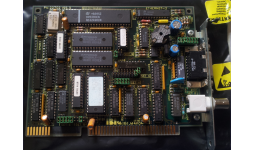 |
AX/VX Server RM-Net ISA Ethernet card |
|
 |
Data Communications Controller Provide both synchronous and asynchronous communications at low and high speeds |
|
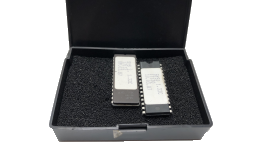 |
ROM Upgrade The Nimbus had user changeable ROM chips that would allow for extra functionality The plastic anti-static case looks to be how it would arrive to the customer The IC on the left is a Mitsubishi M5L27256 Split into 2 IC's I assume this is an odd, even split to produce a 16bit path from the 8 bit IC's |
|
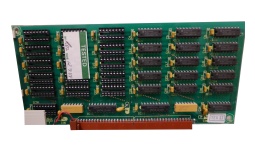 |
Nimbus 186 Memory Module PN.12859 |
|
 |
Cardboard Packaging Box! |
|
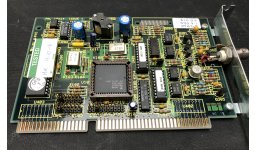 |
RM ISA Z-net Card for the X series server. |
|
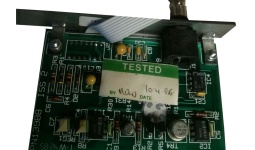 |
RM Z-Net card for the 186 |
|
 |
User manuals |
|
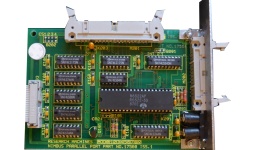 |
Parallel Port card for the 186. A BBC compatible printer port with 8 bit user port. Used for driving printers and for connecting to control equipment, such as the concept keyboard. |
|
 |
Sketchpad Digitising tablet with a cordless stylus. The Nimbus sketchpad offers greater manual control for artists and designers. It is held in the same way as a pen or paintbrush. Includes a utility to emulate the Nimbus mouse. |
|
The internal serial piconet card provides both a serial port and a Real Time Clock with battery back-up. Typically used on a Nimbus PC-186 that was being used as the network server |
||
The parallel Piconet module provides a centronics compatible printer interface. It also allows emulation of the 480Z and the BBC model B parallel port. An additional BBC B compatible analogue port is also provided. |
||
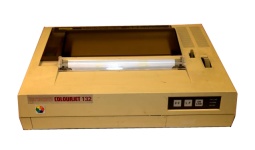 |
Integrex Colourjet 132 - A rebranded Canon PJ-1080A, Suitable for art and design software on all Nimbus systems. Requires a parallel port. |
|
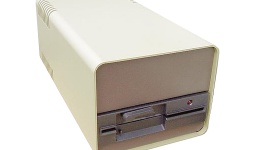 |
PC-186 External 5.25" Floppy Drive |
|
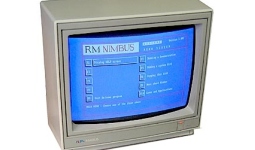 |
Mitsubishi RM1404 Monitor |
|
 |
Piggy Back board placed where the 8051 normally is, first noticed on a spanish Nimbus review. The piggy back board holds an 8031 with a ROM, one can only presume this was because the 8051(an 8031 with built in ROM) had not been manufactured in time (it appears they used a customised version of the 8051) or they were still making constant changes to the code and a ROM made that easier, do you know? |
|
 |
Main Menu |
